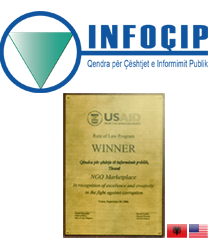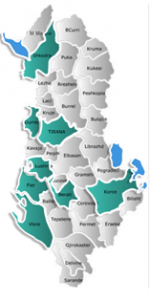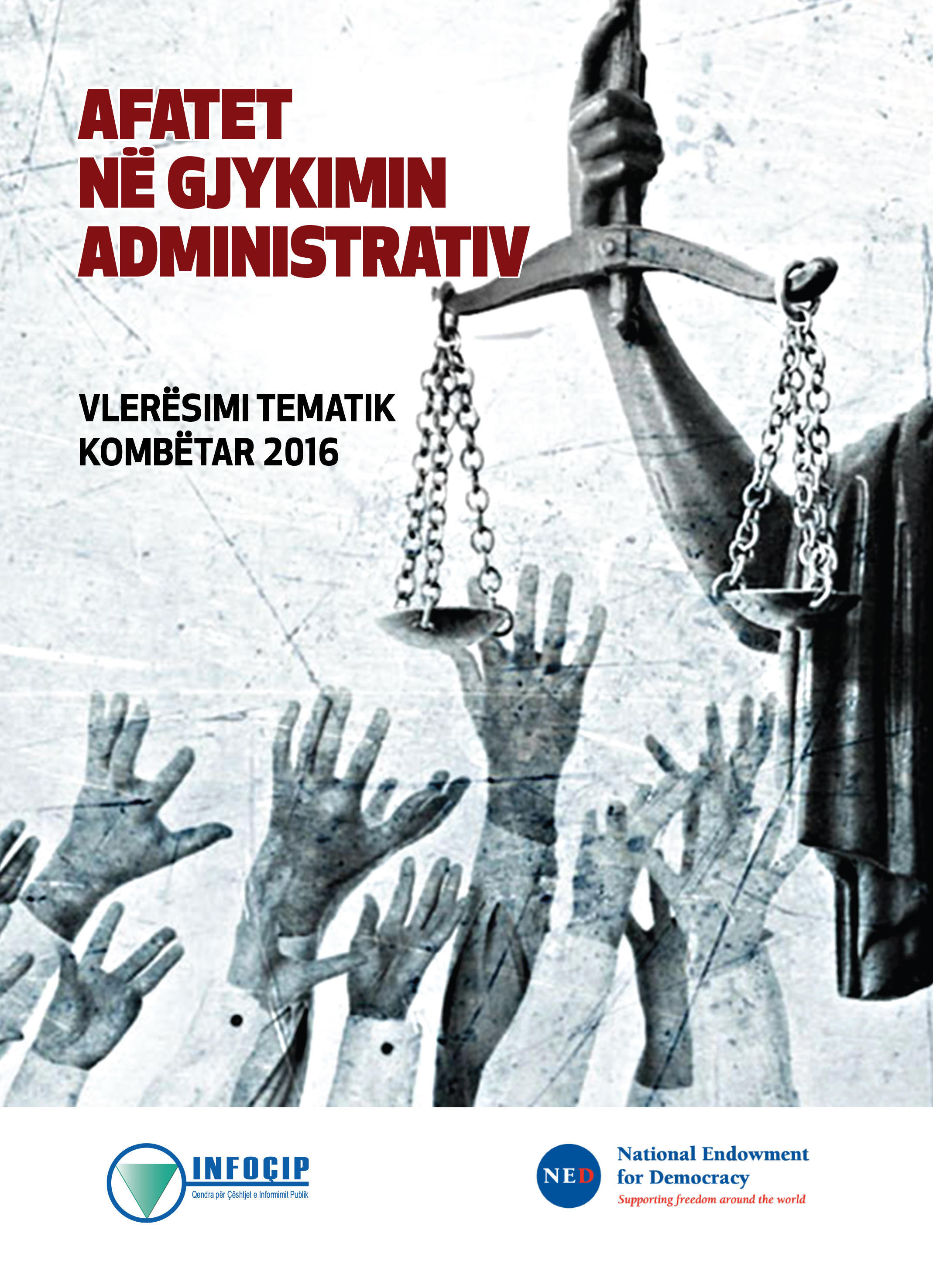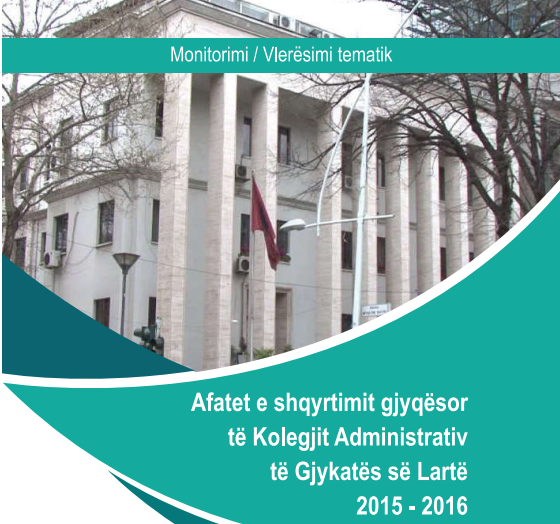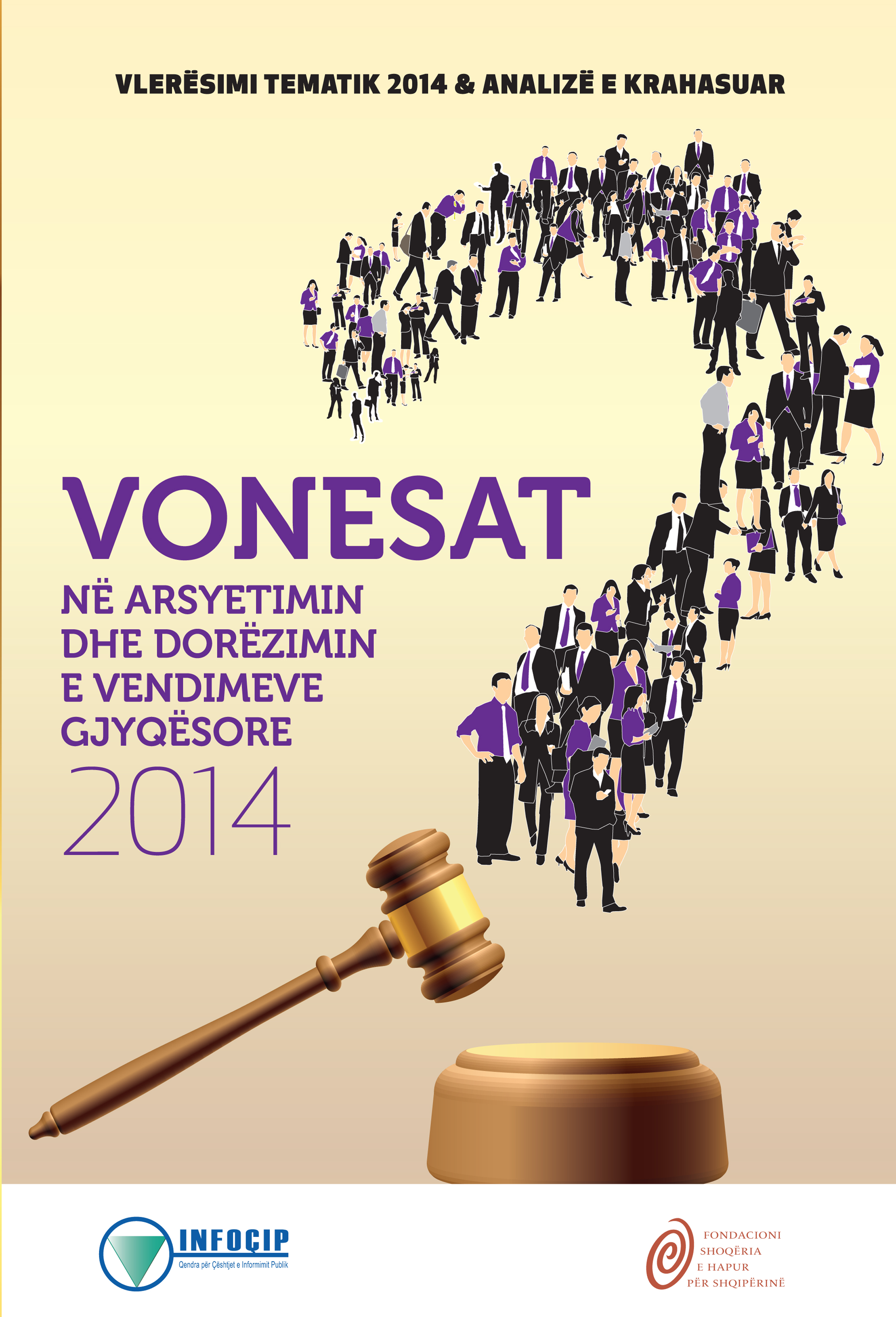First observation on RTI made by CPII. Little progress noted even in publishing formalities and tools as requested by the new law
 Though the parliament passed by a majority of votes the new Albanian RTI law (119/2014), little has been done so far even by the Parliament itself to provide models of RTI request for the citizens. The law requires that such requests are made available in a standardized form, as suggested by the Commissioner for Freedom of Information and Personal Data Protection. The latter has published recently a RFI form in its official website: http://www.kmdp.al/index.php/sq/per-individin/kerkesa This can be downloaded be every subject / citizen interested to receive information by the public authorities.
Though the parliament passed by a majority of votes the new Albanian RTI law (119/2014), little has been done so far even by the Parliament itself to provide models of RTI request for the citizens. The law requires that such requests are made available in a standardized form, as suggested by the Commissioner for Freedom of Information and Personal Data Protection. The latter has published recently a RFI form in its official website: http://www.kmdp.al/index.php/sq/per-individin/kerkesa This can be downloaded be every subject / citizen interested to receive information by the public authorities.
With regard to the old law (8503) A standardized RFI (request for information) had remained published in the official website of the Department of Public Administration until 2013, when the new left wing government came into power. In 2012, INFOCIP, in the frame of a project targeting state publications, noticed that none of the central institutions had any standard RFI form published in their official websites. They also published proactively very little information regarding official acts issued by them (i.e. decisions of the council of ministers, ministerial instructions, etc). No practice such as that of submitting requests by post is observed in the past.
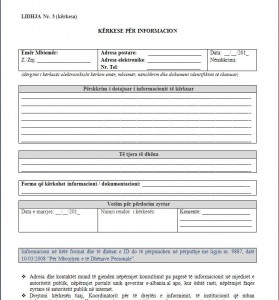 With regard to the new law 199/2014, a RFI standard form published in the official website of the Commissioner for Freedom of Information and Personal Data Protection. The form though is not reflected yet in any of the important institutions’ website, such as the Primeminister’s, Parliament’s, President of the Republic. All ministries official websites do not provide under any category any RFI, as formulated and suggested by the Commissioner for Freedom of Information. All law enforcement agencies and other less important central institutions also do no provide such a facility.
With regard to the new law 199/2014, a RFI standard form published in the official website of the Commissioner for Freedom of Information and Personal Data Protection. The form though is not reflected yet in any of the important institutions’ website, such as the Primeminister’s, Parliament’s, President of the Republic. All ministries official websites do not provide under any category any RFI, as formulated and suggested by the Commissioner for Freedom of Information. All law enforcement agencies and other less important central institutions also do no provide such a facility.
With regard to municipalities, this remains a remote perspective. It results that the majority of them do not have at all an IT person not internal protocols and/or regulations with regard to proactive publication of information or web maintenance. As proven all these year by INFOCIP extensive monitoring and research, the municipalities have massively failed even to announce their own municipal decisions, which still remains a legally binding procedure.
Courts on the other hand also do not expose any RFI form in their websites, though many of them are equipped with necessary tools and ICT personnel, given the circumstances that due to the foreign donors, the court decisions are published proactively in their ICT systems. Nevertheless, courts do offer several services in their one-stop-shops and there is a rather satisfactory performance in receiving and answering citizen’s requests. (observation made by CPII in the frame of this research). This though must not be overlapping the legal obligation of appointing a Information coordinator within courts sectaries, as the new law 119 requests.
As a general concerns, Coordinators are not assigned in any of the public authority bodies, which also makes it difficult the submission of RTI requests by citizens, given the circumstances that these are the intended personnel by law which do administer the RFI and register it in the main register, as requested by art 7 of the law 119/2014.
dowload the RFI form this link here:
LAST RELEASED PUBLICATION
MONITORING REPORT
Recent reports/studies
Partners / Donors
Local Branches
- Citizens' Transparency Office, Durrës (19)
- Citizens' Transparency Office, Korça (9)
- Election Situation Chamber (11)
- JUDICIARY (1)
- NED (11)
- www.vendime.al (5)
Foto lajm

- CPII anounces the monitoring result for Durres Municipal Council. It must be re-elected
Where we work

